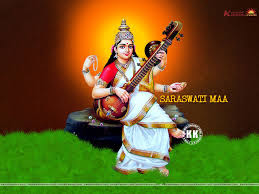Vedantasara : 22.
221. It has further been said: “He who does not see anything in the waking state as in sound sleep; who though seeing duality does not really see it as he sees only the Absolute; who though engaged in work is really inactive; he, and none other is the knower of the Self. This is the Truth.” (Upadesha-sahasri 5).
222. In the case of such a liberated soul, only good desires persist, as do his habits of eating, moving, etc., which existed before the dawn of knowledge. Or he may become indifferent to all good or evil.
223. Thus it has been said: “If a man who has known the truth of Oneness acts according to his whims, then where is the difference between a knower of Truth and a dog as regards eating impure stuff?” (Naiskarmyasiddhi IV-62). Further, “One who has given up the conceit that he has realized Brahman, is alone the knower of the Self and none else” (Upadesha-sahasri 115).
224. After realization, humility and other attributes which are steps to the attainment of knowledge, as also such virtues as non-injury etc., persist like so many ornaments.
225. Thus it has been said: “Such qualities as non-violence etc., come spontaneously to a man who has got Self-knowledge. They have not to be sought after” (Naiskarmya-siddhi IV-69).
226. In short, such a man’s soul remains as the illuminer of the mental states and the Consciousness reflected in them, experiencing, solely for the maintenance of his body, happiness and misery, the results of past actions that have already begun to bear fruit (Prarabdha) and have been either brought on by his own will or by that of another or against his will. After the exhaustion of the Prarabdha work, his vital force is absorbed in the Supreme Brahman, the Inward Bliss; and ignorance with its effects and their impressions is also destroyed. Then he is identified with the Absolute Brahman, the Supreme Isolation, the embodiment of Bliss, in which there is not even the appearance of duality.
227. Compare such Sruti passage as: “His sense-organs do not depart elsewhere (for transmigration)” (Br. Up. IV-4-6); “They are absorbed in him” (Br. Up. III-2-11); “Already a liberated soul he is freed (from further rebirths)” (Katha Up. V-1), etc.,
END.




Comments